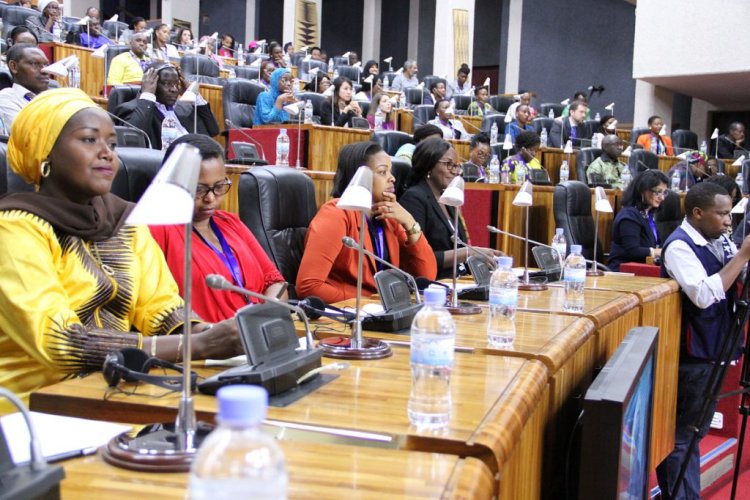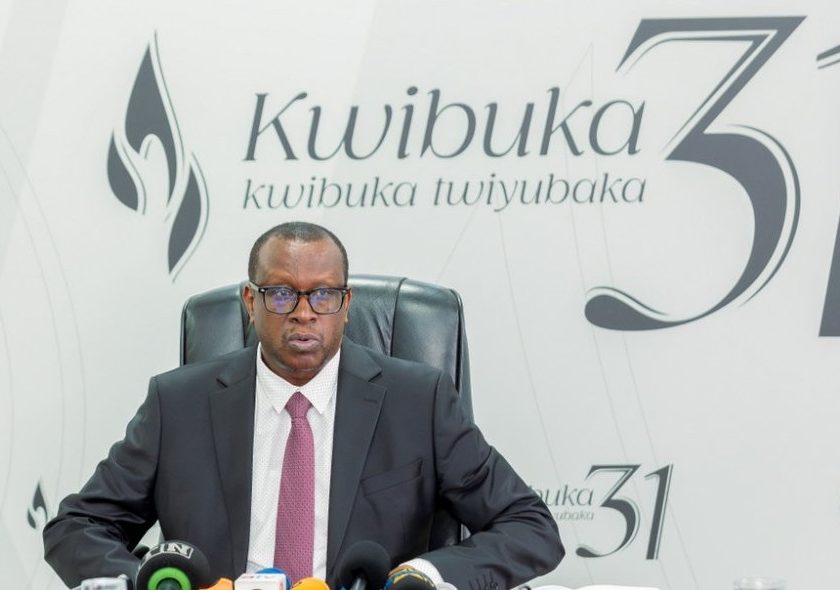In Rwanda, gender balance in governance has become a prominent feature of the country’s political landscape. The Rwandan government has made significant strides in ensuring gender parity across various levels of administration, and research and expert opinions highlight the numerous benefits of this approach.
Enhanced Decision-Making and Representation
Research indicates that gender balance in governance contributes to more comprehensive and representative decision-making. According to studies, diverse perspectives lead to better-informed policies that cater to a broader range of needs and experiences. In Rwanda, the inclusion of women in leadership roles has been linked to more inclusive and equitable policy outcomes, reflecting the diverse voices and concerns of the population.
Improved Governance and Accountability
Experts argue that gender-balanced governance structures often result in more transparent and accountable leadership. Women in leadership positions tend to bring different management styles and priorities, which can lead to greater scrutiny of decisions and improved governance practices. In Rwanda, this has been evidenced by the increased focus on issues such as health, education, and social welfare, which directly impact the well-being of communities.
Economic Growth and Development
Gender equality in governance is also associated with positive economic outcomes. Research has shown that when women are actively involved in decision-making processes, economic policies are more likely to support inclusive growth. In Rwanda, the increased participation of women in governance has contributed to economic development by promoting policies that support women’s entrepreneurship, access to finance, and economic empowerment.
Social Cohesion and Empowerment
Gender balance in governance promotes social cohesion by fostering a sense of inclusion and empowerment among all citizens. In Rwanda, the emphasis on gender equality has led to improved social dynamics, with women and men working together more effectively in various sectors. This social cohesion supports national unity and contributes to a more stable and harmonious society.
Role Model Effect
Having a gender-balanced leadership serves as a powerful role model for future generations. In Rwanda, the high representation of women in governance roles has inspired many young girls and women to pursue leadership positions and engage actively in public life. This role model effect helps to break down gender stereotypes and encourages more equitable participation in all areas of society.
Expert Opinions and Research Findings
Experts in gender studies and governance emphasize that Rwanda’s commitment to gender balance in leadership is not just a matter of fairness but a strategic advantage. Research conducted by organizations such as the World Economic Forum and UN Women supports the notion that gender diversity in leadership positions leads to better organizational performance and more resilient governance structures.
In summary, Rwanda’s efforts to achieve gender balance in governance have yielded significant benefits, including enhanced decision-making, improved governance, economic growth, social cohesion, and a positive role model effect. These outcomes highlight the importance of continuing to support gender equality in leadership roles as a means of fostering sustainable development and social progress.
BY TUYISHIME Eric





